Back
Vikas Acharya
Building Reviv | Ent... • 1y
The Startup Paradox: Why Being Too Early Feels Like Being Wrong Most startup founders believe that being first in a market is an advantage. But history shows the opposite: startups that are too early often fail just like those that are too late. Why Being "Too Early" Is Just as Bad as Being Wrong 🚀 Friendster launched before Facebook. It failed. 🚀 Webvan started online grocery delivery in 1999. It failed. 🚀 VR startups in the 90s? Too early. All these companies had great ideas but no market readiness. The technology wasn’t mature, customers weren’t ready, and infrastructure was missing. Being too early is indistinguishable from being wrong—because if customers aren’t adopting, the outcome is the same: failure. How to Know If You’re “Too Early” (And What to Do About It) 1. The "Behavior Change" Test If your product requires people to completely change their habits overnight, you're likely too early. ✅ Airbnb worked because people were already booking hotels. ❌ Google Glass failed because no one was used to wearing smart glasses daily. 💡The Fix: Find a way to integrate into existing behaviors instead of forcing new ones. 2. The "Missing Infrastructure" Check Many startups fail because the underlying tech, regulations, or costs aren’t there yet. ❌ In the early 2000s, mobile payments struggled because smartphones weren’t widely adopted. ✅ But in 2010, Square succeeded because iPhones made mobile payments seamless. 💡The Fix:If the ecosystem isn’t ready, build a stepping-stone product first or wait for market maturity. 3. The "Customer Education Cost" Problem If you have to spend too much time convincing people your product is useful, you’re too early. ✅ iPhones succeeded because people already understood touchscreens from ATMs. ❌ Segways failed because people didn’t understand why they needed them. 💡 The Fix: If you need too much education, pivot to something people already want. Final Takeaway: Timing > Idea The best startups aren’t just great ideas—they’re great ideas at the right time. 📌 Ask yourself today: Is my startup solving a problem people already feel? Or am I waiting for the world to catch up? If you’re too early, you don’t need to change your vision—just adjust the timing and strategy.
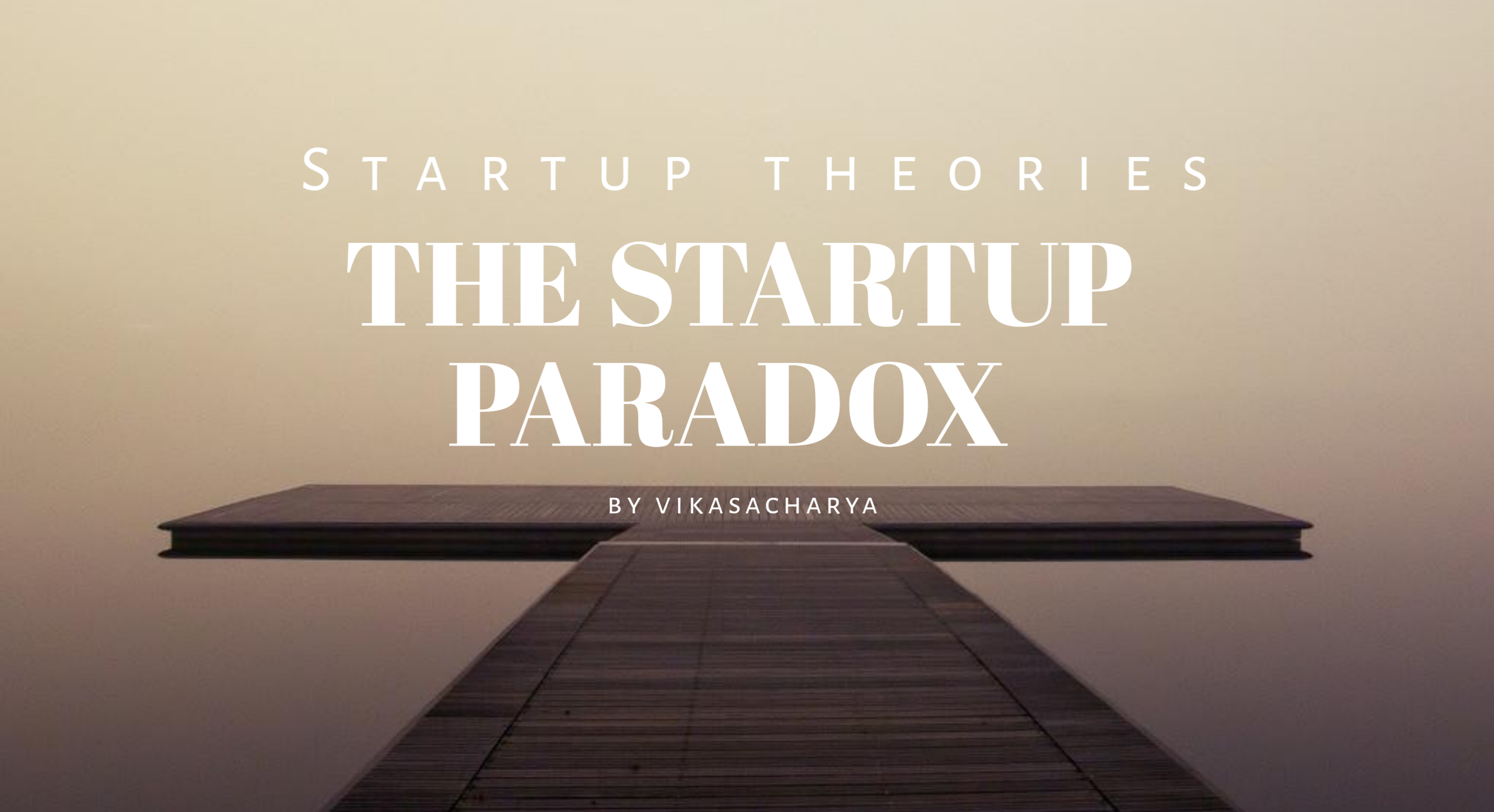
Replies (8)
More like this
Recommendations from Medial
Rajesh R
Founder & CEO | Star... • 1y
💥 "Startups Are Failing Because They’re Too Busy Copying Corporates!" 💥 Startups often think they need to operate like big corporations to succeed. Here's the brutal truth: Corporates can crush startups because they’ve mastered the game YOU are tr
See MoreVikas Acharya
Building Reviv | Ent... • 1y
Growth Can Kill – Here’s How to Scale Right! How to Scale the Right Way: ✅ Automate (Use AI, No-code tools). ✅ Build Processes (Don’t depend on one person). ✅ Scale in stages (Expand based on demand, not hype). Examples of Startups That Scaled Too
See MoreKunal Shinde
Turning Data Into De... • 5m
Data without action is just noise. Too many businesses proudly say: 👉 “We have thousands of leads in our database.” But here’s the truth 👇 ❌ If those leads aren’t validated, they’re just names. ❌ If they aren’t enriched with context, they’re jus
See MoreMada Dhivakar
Let’s connect and bu... • 8m
Hello Founders, Building in silence often beats announcing too early. Why? Because energy spent on talking is energy lost from building. 📌 Startups like Zerodha, CRED, and TBO.com spent years quietly building, testing, refining — then launched st
See More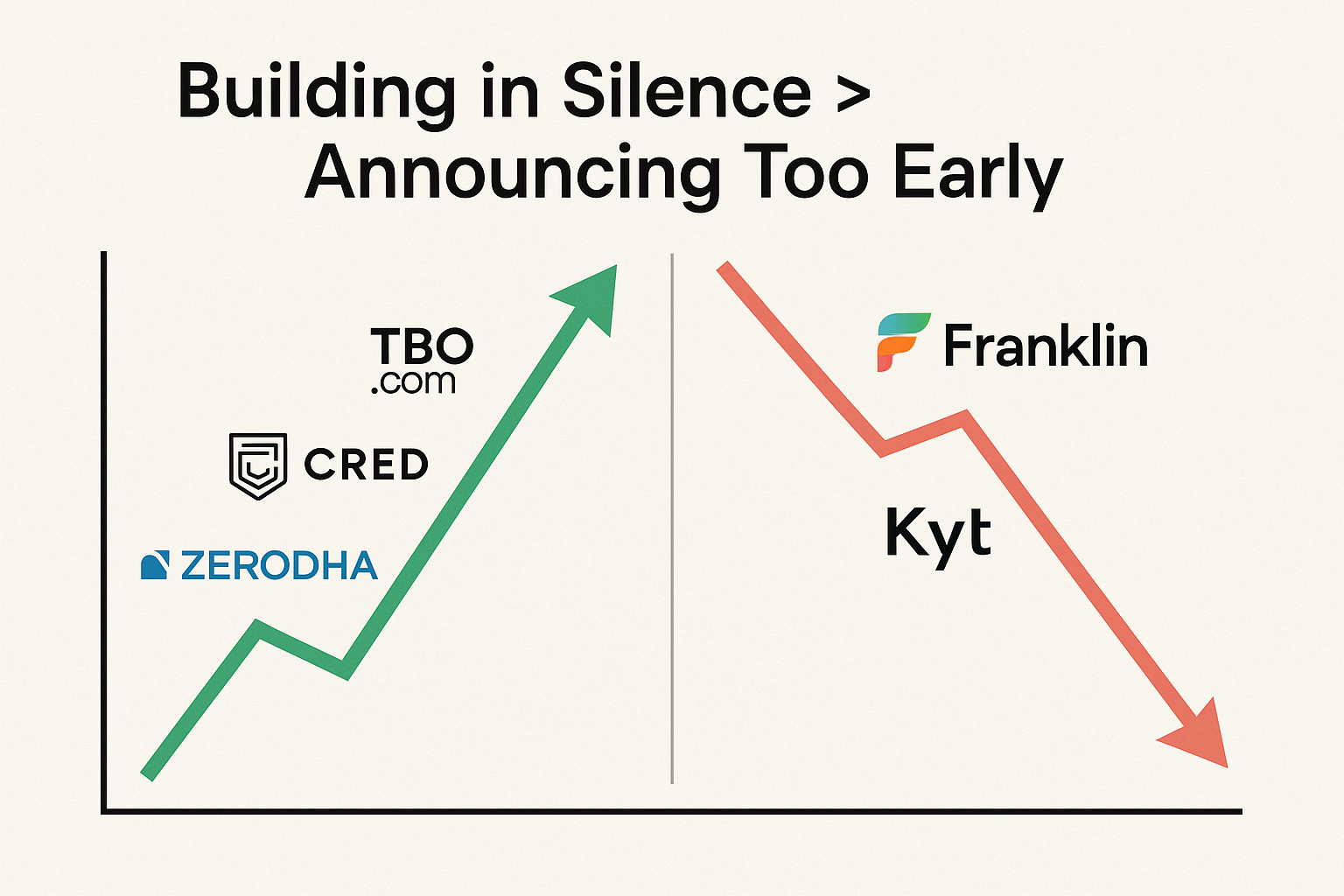
Anubhab Mohanty
Strategic Vision. Me... • 2m
Why Most Good Ideas Don’t Survive the Market 🚀 I once believed that building a great product was enough. It isn’t. ❌ Markets don’t reward intelligence alone 🧠 They reward clarity 🧭, trust 🤝, and execution ⚙️. What I’ve observed on the ground:
See More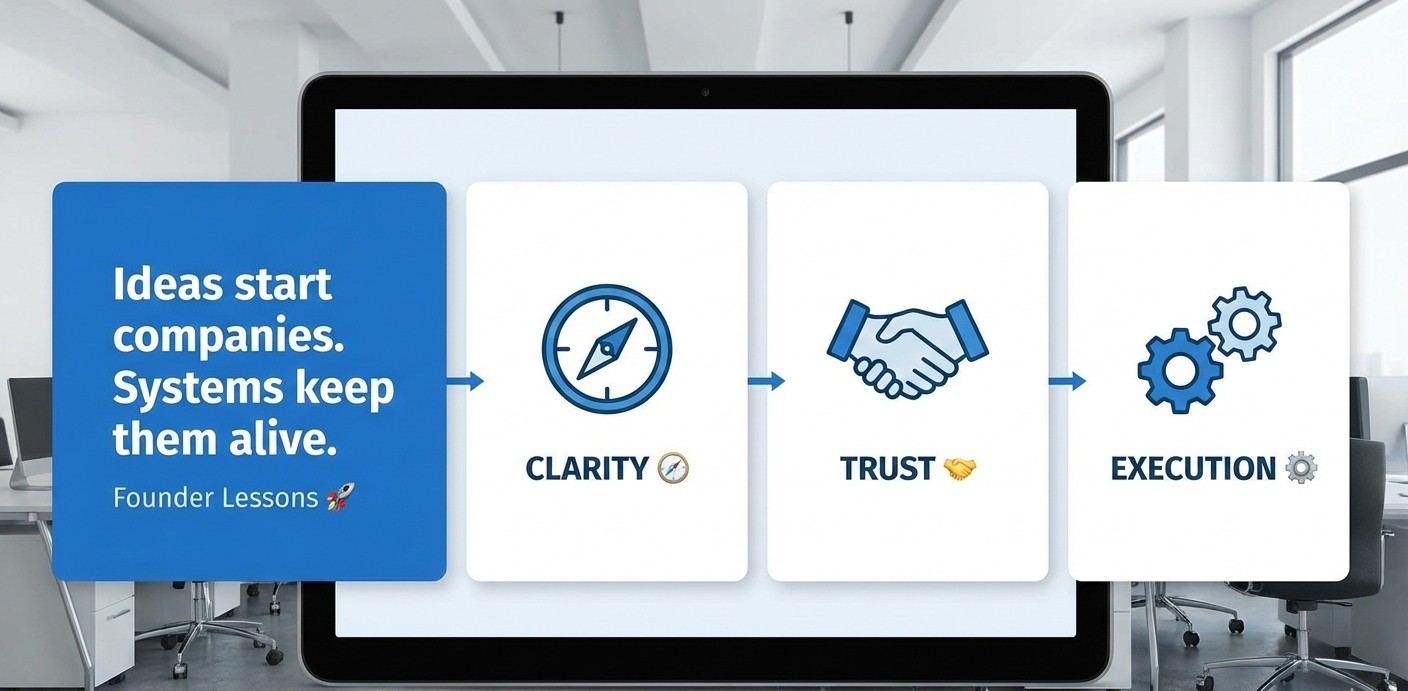
Download the medial app to read full posts, comements and news.








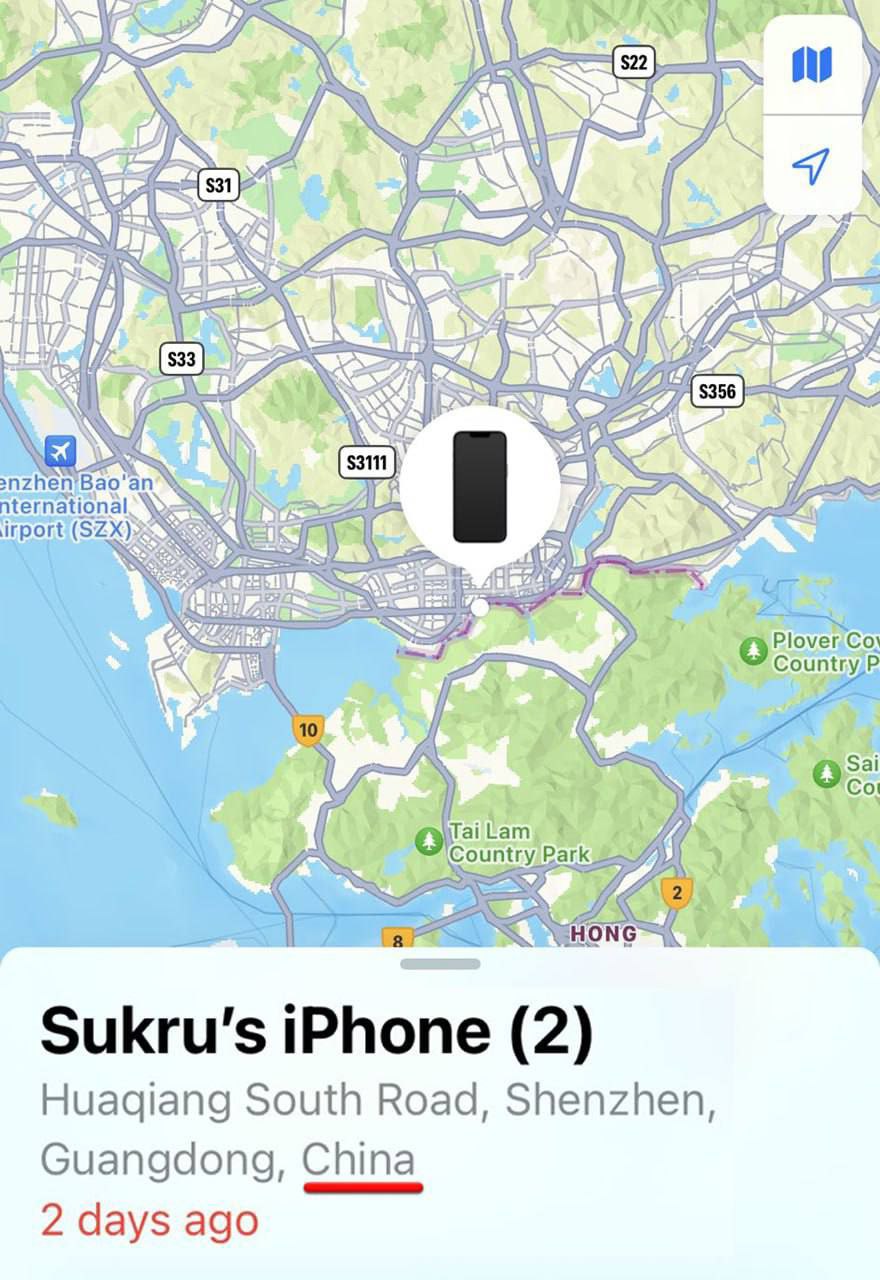



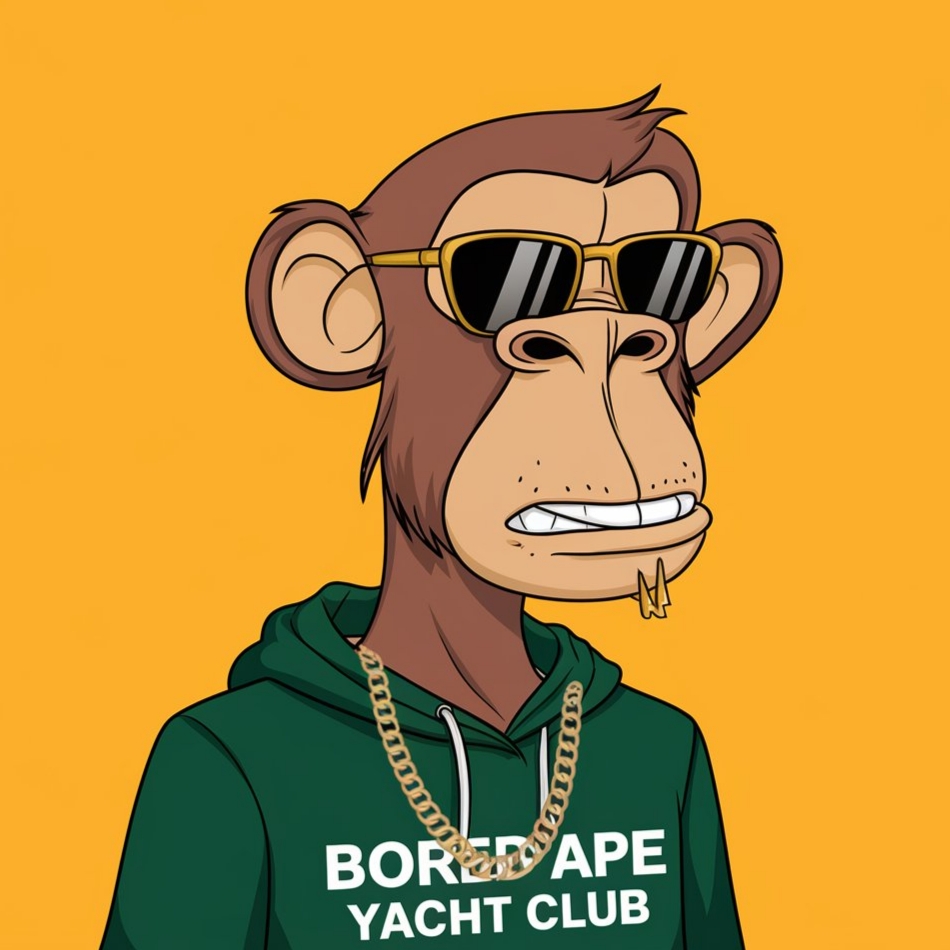





/entrackr/media/post_attachments/wp-content/uploads/2021/08/Accel-1.jpg)


















